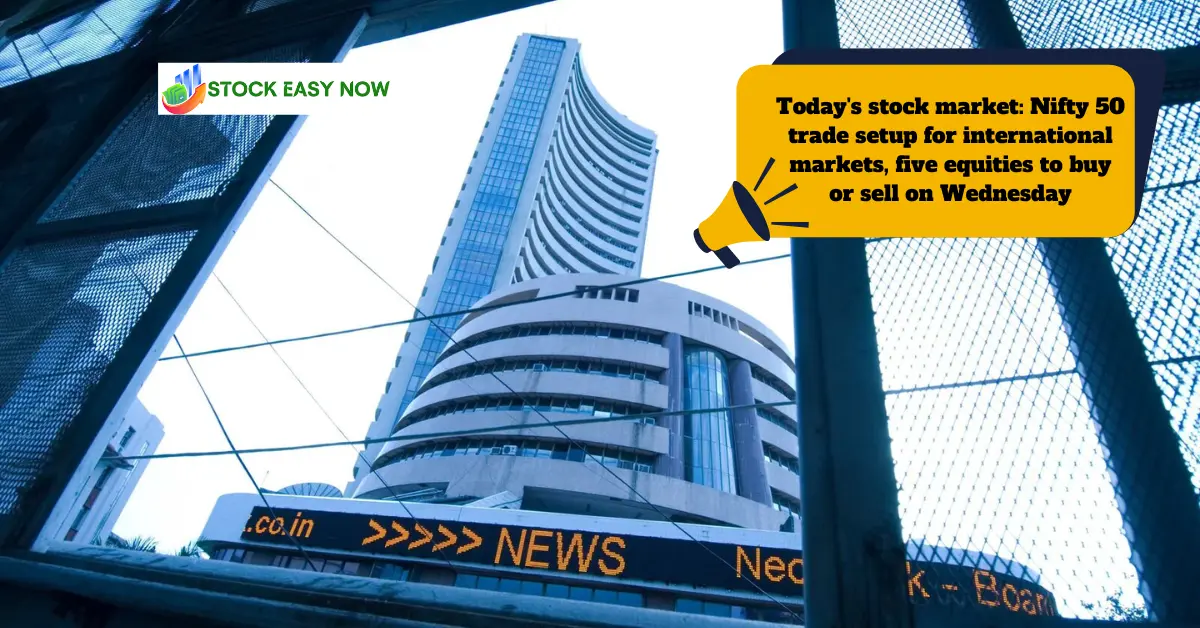BSE MidCap and SmallCap. Small and microcap shares may appear overpriced to certain investors given their potential for growth.
In a hurry to book profits on September 12, the BSE MidCap and SmallCap indices defied the market rise and lost about 3 percent each.
BSE SmallCap dropped 3.1 percent to 37,351 points at 10.33 a.m., while BSE MidCap shed 2.8 percent to 32,200 points. Both indices have risen more than 28 percent so far this year and more than 45 percent since April.
Kotak Institutional Equities recently advised against a midcap portfolio due to the limited firms showing potential for a 12-month fair value growth, especially in the BFSI sector. The company warned investors about a rally in the midcap and smallcap markets. Despite the fact that most companies’ fundamentals are worsening, they blame the sharp price increases on the irrational optimism of investors in these marketplaces.
Amit Jain, a co-founder of Ashika Global Family Office Services, claimed that small- and micro-cap stocks today appear to be overpriced in comparison to their future growth prospects. For instance, the PE ratio for the Nifty Micro Cap 250 is 33, the PE for the Nifty 50 is 22, and the PE for the Nifty 500 is 25. This implies that the majority of microcap stocks may not have a positive risk-reward ratio. Therefore, unless they have a strong belief in the company’s business plan, investors expecting quick profits in these microcaps may risk losing their money. Such valuation differences between the Nifty50 and the Nifty Micro Cap 250 have historically caused price and time corrections in the microcap stock space.
Rahul Arora, CEO of Nirmal Bang Equities, asserts that a lack of appealing investment options is plaguing the market because many respectable stocks have been snapped up and are no longer accessible at reduced prices. As a result, investors are creating narratives for stocks that they ordinarily wouldn’t consider, which makes previously undervalued equities suddenly pricey.
Small- and mid-cap stocks have increased significantly, often unfairly so. Dhiraj Relli, MD and CEO of HDFC Securities advises that you reassess your asset allocation, accept some profits, or raise some cash.
Rushabh Sheth, co-founder and co-CIO of Karma Capital, notes that large-cap companies are less affected by excessive speculating than small and midcap enterprises. Sheth doesn’t think there is now irrational excitement in the markets. He says that changes in fund flows, particularly from ordinary investors, could lead to significant problems. Monitoring money movements is essential, especially with elections coming up and in the larger global environment. Smaller businesses are of particular concern since they experience financial instability and fund availability issues despite high growth projections and flawless execution valuations.





